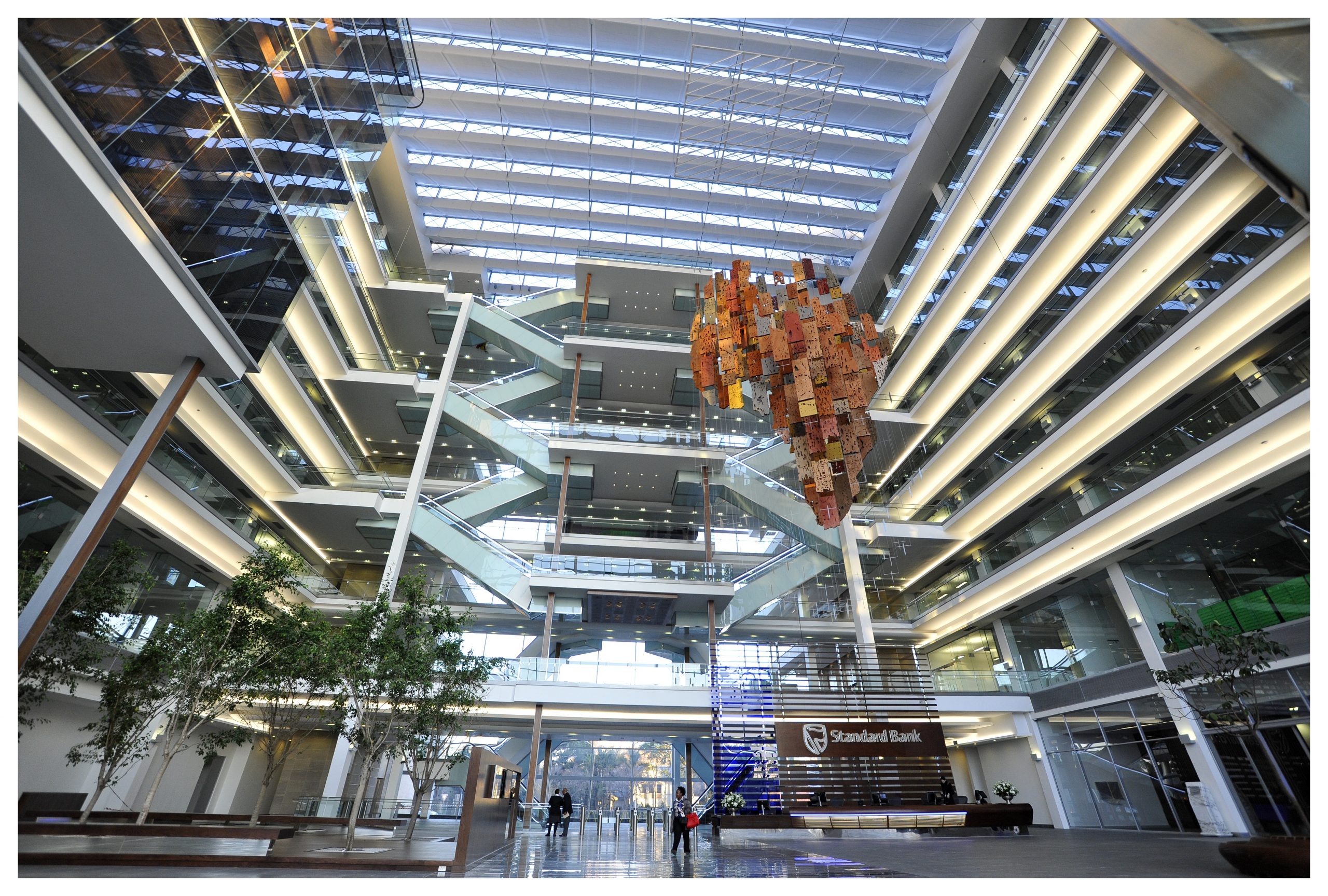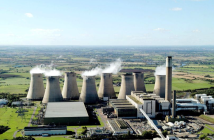- Standard Bank Group has published its first climate-related financial disclosure report – a significant milestone for the group as it seeks to better understand and manage environmental, social and governance (ESG) risks.
- The report is aligned to the principles and recommendations of the global Task Force on Climate-related Financial Disclosures (TCFD).
“As a supporter of the Paris Agreement and a founding signatory of the UN Principles for Responsible Banking, Standard Bank has been doing extensive work to enhance its assessment of climate risk and make appropriate disclosures in line with emerging best practices,” says Wendy Dobson, Head of Group Corporate Citizenship in Group Risk at Standard Bank.
“We recognise that climate change is a material risk to our ability to generate value for all our stakeholders over time, and to our purpose of uplifting and safeguarding African societies, environments and economies,” adds Dobson.
In the TCFD-aligned report, Standard Bank included an initial set of metrics related to climate risk in its direct operational footprint, as well as in several of its lending portfolios which have a higher exposure to climate risk.
For instance, the agricultural sector – which has an elevated transition risk profile partly due to changing weather patterns – accounts for 7.24% of Standard Bank’s total group loans and advances and loan commitments, as of end-December 2019.
Climate adaptation and resilience
The bank has already started working with clients in this sector to support climate adaptation and resilience, and is actively seeking opportunities to finance infrastructure that helps with flood control, water efficiency, water storage and energy efficiency. One example of this is a climate-smart agricultural project with female farmers in Malawi.
“We have also undertaken a preliminary assessment of higher carbon emitting sectors in our portfolio,” Dobson says. “Where we have significant exposure, we will develop short- and medium-term actions to manage this risk.”
The bank’s initial assessment of its exposures indicates that higher carbon-emitting activities – power utilities that own and operate coal-fired power plants – account for 1.84% of total group loans and advances and loan commitments. And its broader exposure to fossil fuel industries represents 4.04% of the lending portfolio.
“We are engaging with our clients in carbon-intensive industries, including mining and energy, to encourage the adoption of energy efficiency measures, and supporting this with new transition finance offerings” says Dobson.
Standard Bank believes that the transition to a lower-carbon economy should be just and fair to developing countries. The Paris Agreement recognises that the transition to renewable energy will take longer in developing countries, especially those in Africa, where access to reliable and affordable energy continues to constrain socio-economic development.
In sub-Saharan Africa, fewer than 43% of people currently have access to grid electricity, and many economies depend heavily on fossil fuels. However, the transition to cleaner energy solutions is underway.
Energy finance
The Bank’s energy finance portfolio is increasingly focused on renewable energy projects. Since 2012, the equivalent of an estimated 984,900 homes have received renewable power from Standard Bank-financed projects in South Africa alone. Over this period, 85% of the group’s energy lending has been to green energy projects.
And the bank’s Sustainable Finance Unit is working with clients to develop bespoke solutions to help them achieve their social and environmental goals, in line with the group’s Sustainable Bond Framework. The Sustainable Finance Unit recently raised $200 million in a green-bond issuance – the proceeds of which will be used to fund renewable energy projects, water efficiency projects and green building projects, among others.
The bank says it will continue to participate in various local and global initiatives, with policymakers and regulators, to enhance its disclosures and manage climate risks. The group’s disclosures will evolve as the financial industry works to develop standardised metrics and as more clients assist in providing reliable data. These assessments will be used to monitor the bank’s progress in addressing climate risks.
Standard Bank has already published a policy on lending to coal-fired power projects and coal-mining operations, and is well into the process of developing a broader fossil fuels financing policy, which it aims to adopt and publish by the end of 2020. Further, the group’s ESG Risk Governance Framework is being updated to include climate-related risk and to ensure accountability for climate-related risk management. Standard Bank is testing the resilience of its overall strategy under different climate-related scenarios.
Download the full report
Author: Babalwa Bungane

Babalwa Bungane is a content creator/editor for ESI Africa – Clarion Events Africa. Babalwa has been writing for the publication for five years. She has a great interest in social media due to its advantage of disseminating content.
This article was originally published on ESI Africa and is republished with permission with minor editorial changes.











